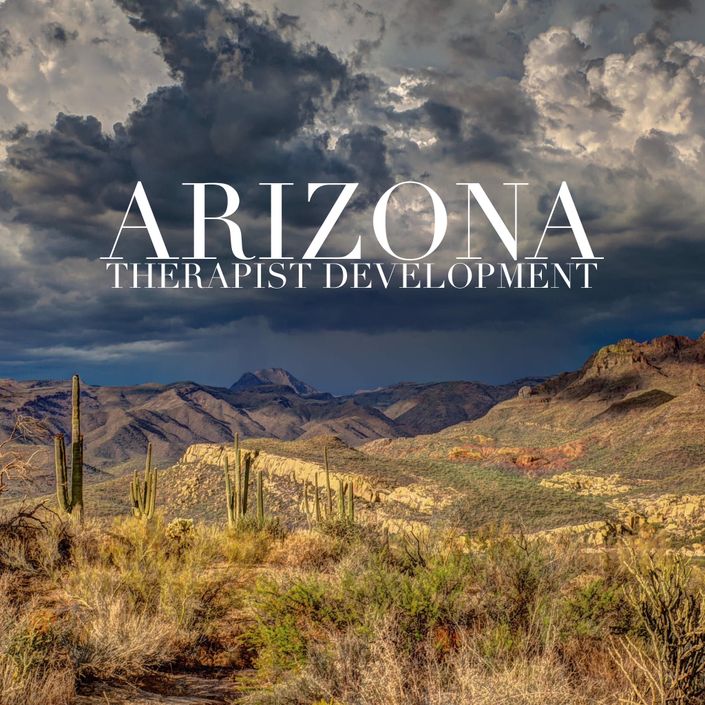
Cultural Competency (3 Hour)
All courses are sponsored by Scottsdale Recovery Center and meet all CE requirements for the AZBBHE
Enroll in Course
Training Description and Objectives:
Through lecture, discussion, and activities this training is designed to develop and strengthen clinicians’ awareness and knowledge with regards to culture, ethnicity, race, and considerations for working with clients with various cultural backgrounds. This course is designed sponsored by Scottsdale Recovery Center in order to meet the requirements set forth in the Arizona Rules and Statutes for license renewal. While this course is designed with such regulations in mind, it is important to note that acceptance of CEUs is at the discretion of the Arizona Board of Behavioral Health Examiners.
Participants in this training are encouraged to reflect on the questions contained prior to each section before reviewing the material within the segment. A key part of learning and reflection is to develop sound ethical judgment. Some guidelines for this are listed below:
- Familiarize oneself thoroughly with established standards
- Be sensitive to cultural backgrounds when working with clients and families, and take into account the complexity of these issues
- Remember that cultural competency and cultural awareness is best understood by learning from each client and family, and that this course is designed to increase the clinician’s awareness of how culture may affect a client’s therapeutic experience.
This training will focus on the following objectives:
- Increase knowledge of elements and characteristics of culture.
- Define culture, race, ethnicity, cultural identity, and dominant culture.
- Discuss cultural norms in society and how these may be present in session.
- Increase cultural self-awareness.
- Discuss multiple cultural worlds.
- Discuss issues related to culture and subculture in a clinical setting.
- Discuss and practice increasing cultural competency through various methods, models, assessments, and activities.
- Discuss culturally appropriate intervention strategies and how to identify these when working with clients.
- Discuss cultural change and acculturation and how it may be used to support clients.
- Utilization of cultural competency in the assessment, evaluation, diagnosing, and treatment processes of therapy.
- Ethical and legal considerations with regards to culture.
- Understand ways to utilize culturally sensitive therapy and be a culturally competent therapist.
Your Instructor

Charise Schwertfeger, M.S., LMFT
Charise received her graduate degree from the Marriage and Family Therapy program at Arizona State University, cohort graduation December 2009. She is a Licensed Marriage and Family Therapist who has worked as a clinician in multiple clinical settings including public mental health, private community agencies, as well as private practice. She has also supervised graduate intern clinicians and associate clinicians in the community health setting and private practice setting. She is a member of various clinical organizations for therapists and has additional training in the areas of Emotionally Focused Therapy (EFT) and Eye Movement Desensitization and Reprocessing (EMDR).
Minon Maier, M.A., LMFT
Minon received her graduate degree from the Marriage and Family Therapy program at the University of San Diego, graduation May 2005. She is a Licensed Marriage and Family Therapist who has worked as a clinician in multiple clinical settings including public mental health, inpatient treatment, acute care, private community agencies, as well as private practice. She has also supervised graduate intern clinicians and associate clinicians in the community health settings as well as private practice. She is a member of various clinical organizations for therapists and has additional training in the areas of Emotionally Focused Therapy (EFT) and Eye Movement Desensitization and Reprocessing (EMDR).
